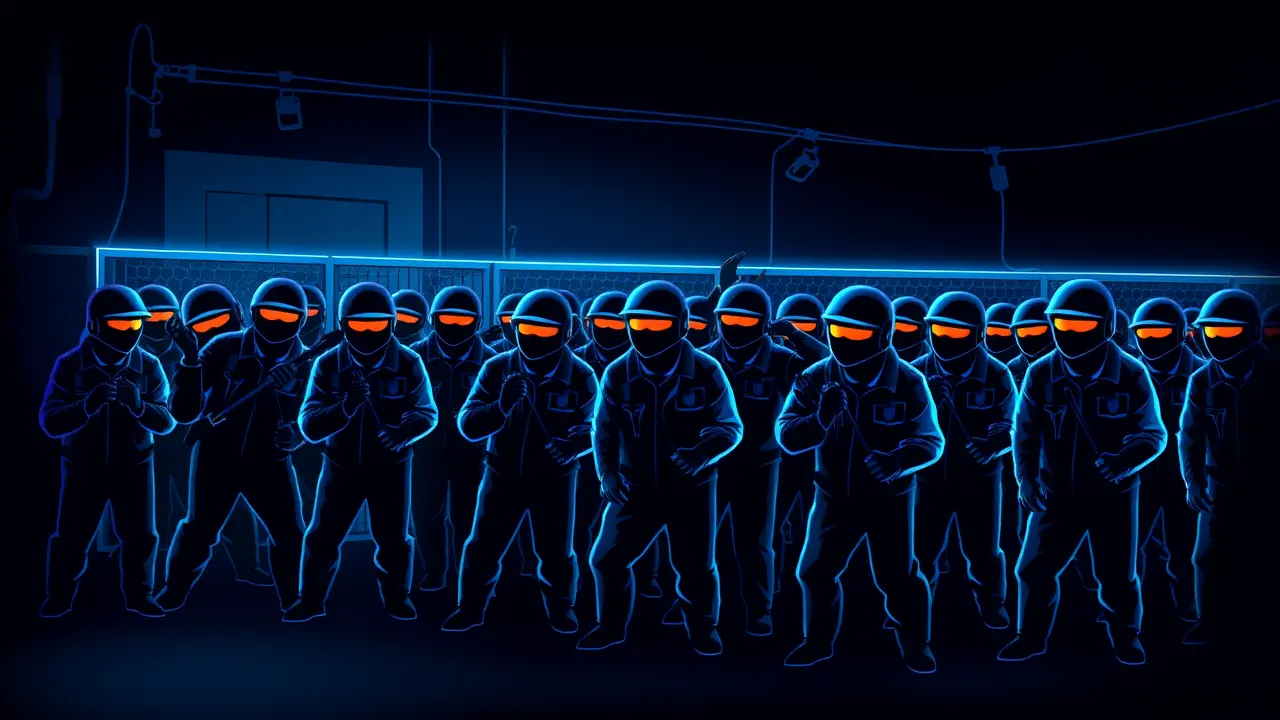
PoliticslegislationNew Bills and Laws
Guatemala enacts strict anti-gang legislation during political turmoil.
EM
Emma Wilson
4 weeks ago7 min read1 comments
In a swift and decisive move that cuts through the nation's profound political instability, Guatemala’s Congress has passed a sweeping anti-gang law, a piece of legislation designed to impose drastically harsher criminal penalties on members of these groups and to establish a new, segregated prison system in the Central American country. The 'Law for the Frontline Combat of Criminal Activities of Maras,' receiving overwhelming backing from 145 lawmakers on October 21, represents a dramatic escalation in the state’s long-standing battle against powerful criminal entities like MS-13 and Barrio 18.This legislative action, however, cannot be viewed in a vacuum; it erupts against a backdrop of severe political crisis, where the very institutions pushing this hardline agenda are themselves under intense scrutiny for alleged democratic backsliding and attempts to undermine anti-corruption efforts. The timing is, to many observers, profoundly telling—a classic maneuver to project an image of strength and control at a moment when the government’s legitimacy is being questioned both domestically and by the international community.The law itself, while popular among citizens terrorized by extortion and violence, raises grave human rights concerns, echoing the failed *mano dura*, or iron fist, policies of the past which swelled prison populations without dismantling the gangs' core structures, instead often strengthening their internal hierarchies and reach from behind bars. Human rights organizations are already sounding the alarm, warning that such measures can lead to widespread arbitrary detentions, the criminalization of youth based on appearance rather than action, and a further straining of an already beleaguered judicial system.The proposed new prisons, intended to isolate gang leadership, recall similar experiments in El Salvador and Honduras, with mixed and often tragic results, including intensified internal gang control and horrific prison riots. For the average Guatemalan family, caught between the predatory demands of the maras and a state that has frequently failed to protect them, this law presents a painful paradox: a desperate hope for immediate security clashing with the fear of long-term state authoritarianism and cyclical violence.The international community, particularly the United States which has a complex history of involvement in the region’s security policies, watches with apprehension, balancing its desire for regional stability against its stated commitments to democratic norms and human rights. As this new legal framework moves from the congressional chamber to the streets of Guatemala City and the rural highlands, its implementation will be the true test—will it be a tool for genuine public safety, or merely a political weapon, a smokescreen for deeper political maneuvers in a nation where the rule of law itself seems to be hanging in the balance? The people of Guatemala are left waiting, hoping for peace but fearing that this new chapter may be just a darker repetition of a very old, very brutal story.
#Guatemala
#anti-gang law
#harsher penalties
#new prisons
#political crisis
#featured
Stay Informed. Act Smarter.
Get weekly highlights, major headlines, and expert insights — then put your knowledge to work in our live prediction markets.
Related News
Comments
Loading comments...
© 2025 Outpoll Service LTD. All rights reserved.